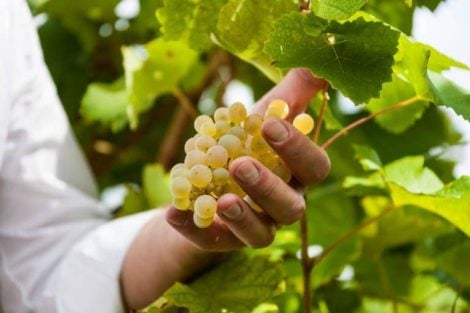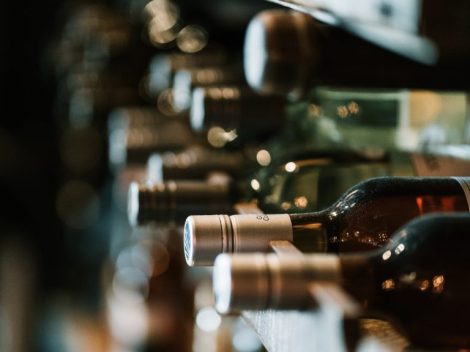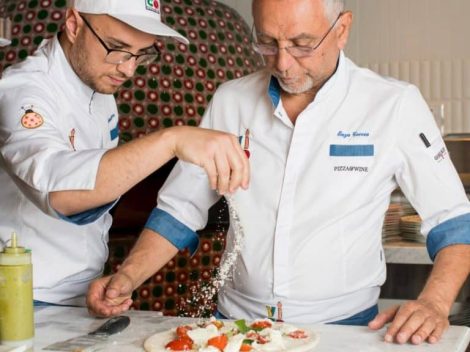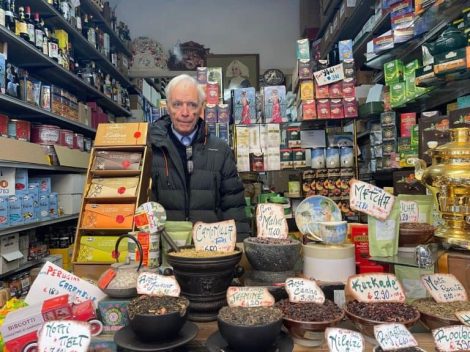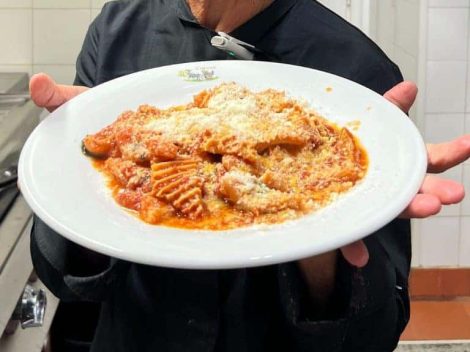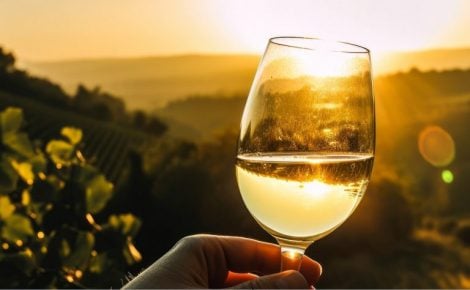On the 15th of January the Space X Dragon 2 capsule, returning from the International Space Station, dived off Florida. Just a few hours from the landing site at the Cape Carnaval NASA station: not too bad when you have just been beyond the exosphere, especially if you had 12 bottles of Château Petrus 2000 with you, a red Bordeaux wine that has been left in the space for fourteen months.
Bordeaux in the space
The project is created by Laxembourg’s Space Cargo Unlimited and it represents the inaugural expedition of a program which includes six launches in the next three years with two of the most important wines in the world. In addition to the bottles, there were also 320 sections of vines, but what we are all curious about are the nine liters of Merlor and Cabernet in the space. Once the bottles returned to Planet Earth, the company organised a blind tasting session: on one hand, the spacial wines, on the other hand, the same bottles aged in a traditional way. Decanter magazine took part to the tasting and said that there were not so many differences between the wines, except for the better evolution of the “space wine” in terms of scents and tannins. Of course, there will be more tests and research after the tasting.
Wine in the space: what scientists say
What do the chemists think about space wine? It seems to be “an extremely complex element because of its strong set of aromas, scents and taste”, explains Dr. Cristina Puzzarini, astro-chemist at the Alma Mater in Bologna and director of the inter-university STAR center. “Wine, from a chemical-physical point of view, is a mixture in which the components are uniformly mixed but with some parts left in suspension. The decanting process cannot take place in the presence of microgravity. The question is: what role does the decanting phase play in the conservation of the wine?”. It is time to analyse the absence of gravity, or rather microgravity: the microparticles suspended in the wine that settle in the bottle over time.
The absence of gravity
Can all the parameters we use to analyse a wine still be valid in similar cases? “We should always remember that we don’t know much about the space and the effects of microgravity and solar/cosmic radiation”. Lots of studies focus on the interlinked reactions of wines that are subjected to the passing of time. But there is also a second variable: radiation. “Cosmic rays, including solar radiation, are highly energetic and ionizing. On the Earth they are filtered by the ozone, but they are also partially stopped by ordinary glass. In organic compounds, UV radiation causes chemical reactions”. The relationship with cosmic rays seems to be a very interesting starting point for this kind of studies: “If the radiation determines some chemical reaction in the wine, the products of that reaction have a bactericidal effect”, adds Puzzarini.
by Valerio Dussich

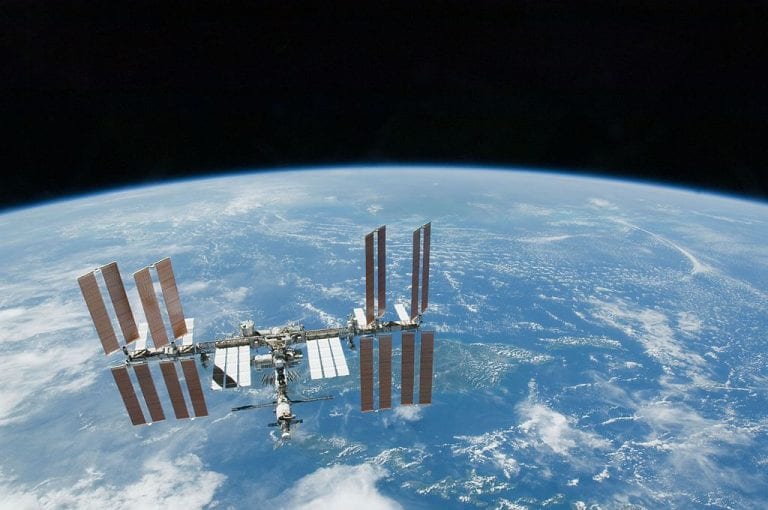
 Non-alcoholic wines? Call them what you want, but they’re still a derivative of wine.” An Interview with Martin Foradori
Non-alcoholic wines? Call them what you want, but they’re still a derivative of wine.” An Interview with Martin Foradori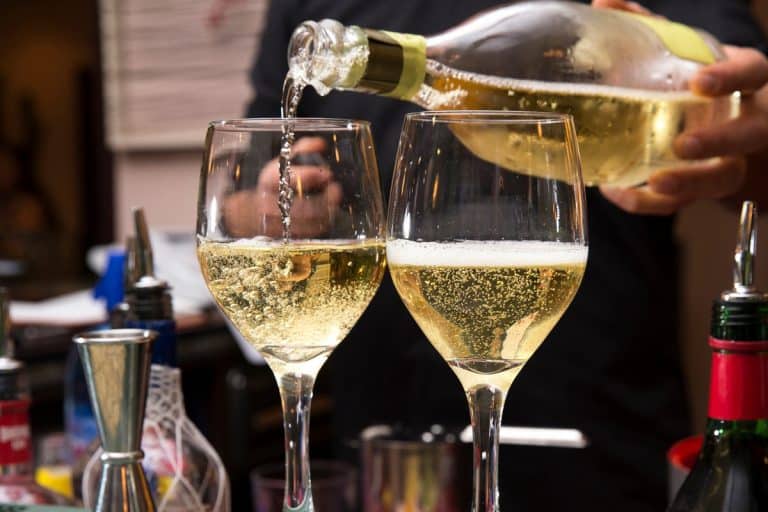 The 8 best Trentodoc wines chosen by Gambero Rosso
The 8 best Trentodoc wines chosen by Gambero Rosso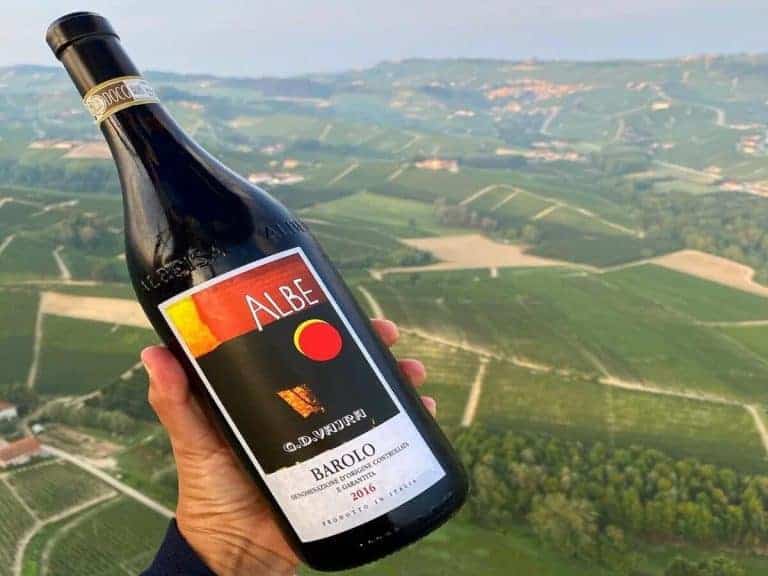 A Piedmont wine enters the top ten of Wine Spectator's "Top 100"
A Piedmont wine enters the top ten of Wine Spectator's "Top 100" Sparkling wines surpass still wines in Italian out-of-home consumption. Most popular during the aperitif
Sparkling wines surpass still wines in Italian out-of-home consumption. Most popular during the aperitif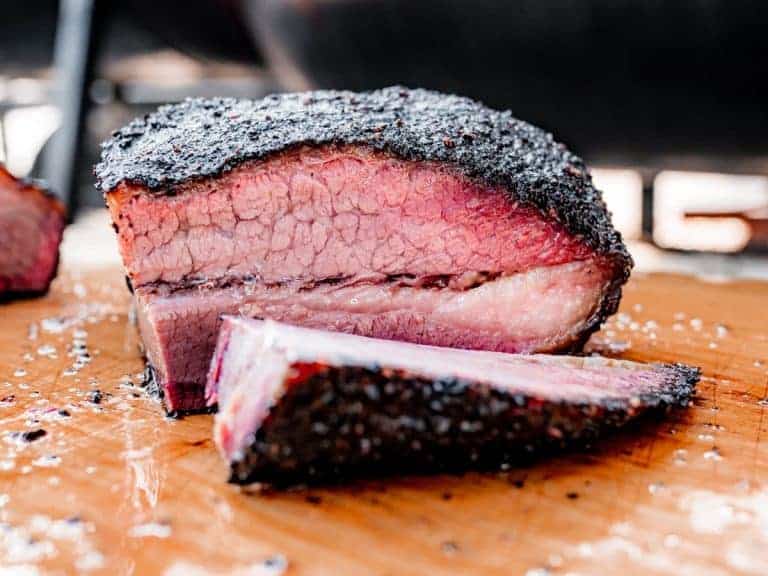 American Barbecue wins a Michelin star for the first time in history
American Barbecue wins a Michelin star for the first time in history